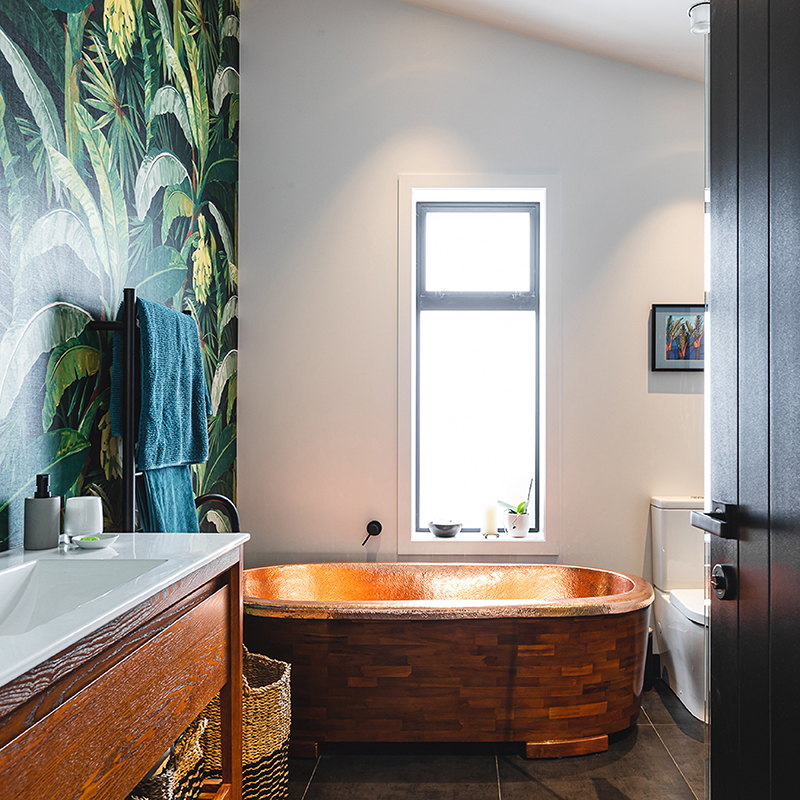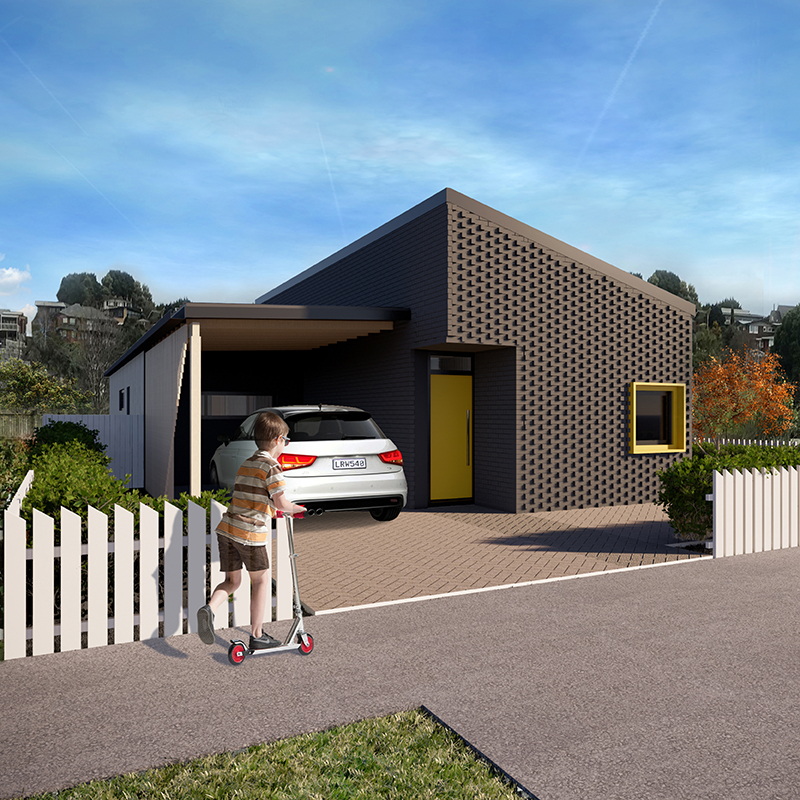


Designing your eHaus
People's House Collection
Build-Ready Plan Range, What's Included, Sustainable Approach, Pricing
Custom Build
Process, Performance Options - eHaus Euro, eHaus Pacific, designHaus

In November 2021, the New Zealand Ministry of Business, Innovation, and Employment (MBIE) initiated a transformative shift in energy efficiency by unveiling substantial updates to the Building Code, specifically in the H1 category. These changes mark one of the most significant leaps in energy efficiency standards in over a decade. The primary goal? To create warmer, drier, and healthier buildings that not only cost significantly less to heat but also generate substantial carbon savings through improved energy efficiency. Here we take a closer look at the key amendments to the NZ Building Code H1, highlighting why going beyond the minimum standard is an investment in a brighter, more sustainable future.
The journey toward enhanced energy efficiency began on 29 November 2021 when MBIE introduced a series of amendments to the Building Code H1. It wasn't just an incremental step; it was a leap forward, designed to align New Zealand's building standards with a more sustainable and energy-efficient future. The transition kicked off with the first tranche of changes on 3 November 2022, followed by the second on 1 May 2023. The final and third tranche is slated for 2 November 2023. So, what are these changes that are reshaping the way we build and live?
One of the most pivotal alterations was the expansion of New Zealand's climate zones. Formerly divided into three regions, the revised Building Code now recognizes six distinct climate zones. This expansion acknowledges the diverse climate conditions across the nation and tailors’ energy efficiency requirements to suit each unique environment. The increased granularity allows for more precise and effective energy solutions.
The changes introduced a comprehensive upgrade to insulation requirements for various building components, including roofs, walls, floors, windows, doors, and skylights. These enhanced insulation standards are a significant stride toward creating buildings that are not just energy-efficient but also comfortable and sustainable. A well-insulated building retains heat in winter and keeps it out in summer, promoting year-round comfort.
In a notable development, the revised Building Code now provides a new compliance pathway for Heating, Ventilating, and Air Conditioning (HVAC) systems in commercial buildings. This pathway aligns with the overarching goal of reducing energy consumption in commercial spaces, further contributing to energy efficiency and sustainability.
The Building Code sets the minimum standard for construction in New Zealand. It's the foundation upon which builders, developers, and homeowners build. However, the question arises: why stop at the minimum when you can aim higher? Building beyond the minimum standard, as eHaus has consistently demonstrated, offers a multitude of benefits.
By investing upfront in building a higher standard envelope for your home, you significantly reduce the ongoing energy costs required to maintain a comfortable environment. It's a simple equation: higher performance equals lower ongoing energy expenses. This financial benefit is not only immediate but continues to pay dividends for the entire life of the home.
Homes constructed to higher standards are not only more energy-efficient but also provide occupants with immediate comfort and health benefits. From day one, residents enjoy warmth, comfort, and better overall well-being.
Building beyond the minimum standard contributes to a more sustainable future. It reduces the carbon footprint of homes, making a meaningful impact on our environment and advancing the cause of sustainability.
Since 2010, eHaus has consistently set the benchmark for energy-efficient home construction and has always significantly surpassed the minimum standard. These changes signify that the rest of the country is now realising the importance of energy efficiency. Our commitment to energy efficiency, sustainability, and the well-being of occupants is unwavering. While it is a step in the right direction, the new standards still have no comfort and performance requirements which is at the heart of every eHaus. We understand that investing upfront in high-performance building is an investment in a brighter, more sustainable future.
The changes to the NZ Building Code H1 are not just about improving standards; they're about improving lives and our environment. By embracing these changes, NZ are taking significant strides toward a more energy-efficient, comfortable, and sustainable future. It's a future that eHaus is committed to, one where we lead the way in creating homes that go beyond the minimum and truly redefine the way we live.